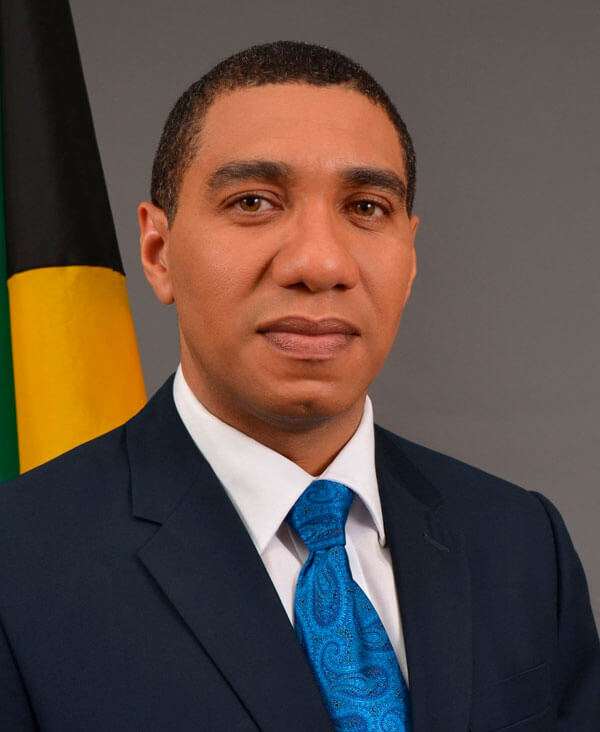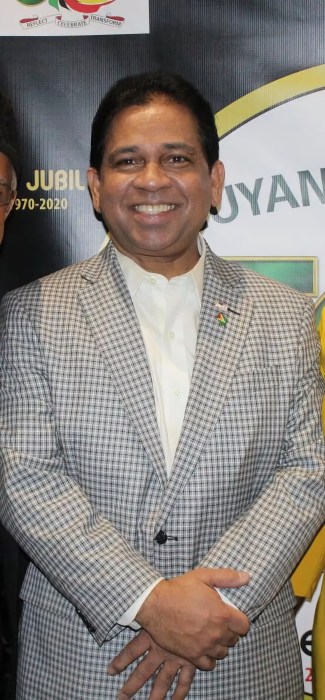Caribbean Community leaders meeting in Guyana from Monday are to have an extensive discussion on the implications of Britain’s impending exit from the European Union but even as they do so, one of their own has made it clear that just like the Brits, the time has come for it to review its own relations with the regional family.
In mid June, Jamaican Prime Minister Andrew Holness, leader of the Jamaica Labor Party (JLP), established a CARICOM Review Commission largely because the island of about three million people is dissatisfied with trading arrangements in the group of 15 nations, especially mechanisms to settle trade and immigration disputes.
The moves came in the midst of a simmering and years-old row between Trinidad and Jamaica over what Jamaica says, is the lopsided level of trade between the two countries as well as the ‘nasty habit’ of Trinidadian immigration officers denying entry of Jamaican nationals to the country, single, young females in particular.
The allegation has much to do with sad tales from victims who are denied landing that they are perceived as intended prostitutes, willing drug mules or women headed to the oil and gas-rich nation seeking Trini husbands and citizenship eventually.
Holness named his mentor and the man who made him head of government and the party, former PM Bruce Golding, to head up the commission even as he went out of his way to assure neighbors and skeptics that Jamaica is not about to undertake a“Jaxit” and leave CARICOM ,which it had helped to found back in July of 1973.
“One of the lessons that we have learnt from the recent referendum in the UK is that governments must pay keen attention to what their citizens are saying,” he told a launch ceremony of the commission on Tuesday.
“There is clearly in Jamaica, a perception of CARICOM, and the solution which I believe works for us is to investigate that, to create the forum in which those views can be given voice (and) the issues articulated, but that there are persons who can give context, direction, interpretation, lead opinion, analyze and chart a course forward. That’s the approach that I intend to take, to get the expert opinions to interface, interact, exchange the views with the Jamaican people as to where it is we want to go.”
The JLP has been perennially lukewarm on things CARICOM, with the party opposing Jamaica ditching the British Privy Council and joining the Trinidad-based Caribbean Court of Justice, the final appeals court for criminal and civil cases in CARICOM. Most nations have not yet joined up. Jamaica was also instrumental in the break up of the colonial era West Indies Federation shortly after formation at the close of the 1950s.
“We cannot pre-empt what the commission will say, but it was never the intention to lay any groundwork, or chart any path out of CARICOM. This is about strengthening Jamaica’s position within the regional integration process, which is absolutely important to Jamaica’s economic growth and development over the next 50 years,” Holness said. He won general elections in February and will be one of the newer leaders at the three-day summit.
He named foreign policy cooperation, coordination in a number of areas including health and education and regional security as success areas in the bloc but said the island is bitter about dispute resolution relating to trade in the single free market.
He spoke the same day that Private Sector boss William Mahfood complained about the one-sided trade with Trinidad as he demanded that the Jamaican delegation raises the issue of “re-balance trading relationships” at the summit.
“Jamaica, without us even realizing it, for many, many years has been the ATM for Trinidad. What exists now in CARICOM is a one-way street. We have an influx of goods coming from Trinidad. Trinidad, at this point in time is the only beneficiary of CARICOM,” he said as the trade war continues.























